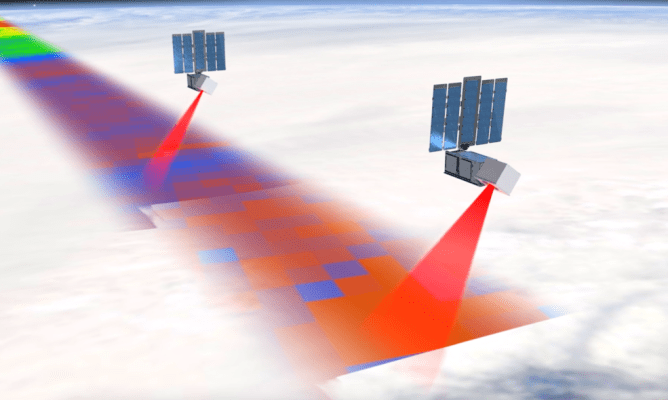NASA has found a new launch provider for its extreme weather observation satellites. The agency announced Wednesday that it has selected Rocket Lab to launch its Time-Resolved Observations of Precipitation structure and storm Intensity with a Constellation of Smallsats (TROPICS) satellites across two launches in late spring of next year.
The missions, which will take place no earlier than May 1, will carry two cubesats each. Given that the U.S. Federal Aviation Administration has licensed the launches, it’s safe to infer that they will take place in Virginia, Rocket Lab’s sole site for U.S.-based launches. Until now, the company has exclusively launched from Mahia Peninsula, New Zealand, though it is hoping to change that with a maiden launch from Virginia on December 7.
Just which launch company NASA would choose for the TROPICS missions has been an open question for the past two months, ever since the agency announced that its initial partner, Astra, would no longer conduct the launches. Astra’s contract, valued at $7.95 million, was for three launches on its Rocket 3.3 vehicle — a rocket that Astra later announced would be discontinued, in favor of a larger and more powerful Rocket 4.
But Rocket 4 is still under development — and may not be ready to launch until 2024. NASA decided not to wait that long, and said in September that it would modify the TROPICS launch contract with Astra for “comparable scientific payloads” on the new rocket.
Astra attempted just one of the three contracted TROPICS launches back in June, but both satellites were lost after the rocket’s second stage encountered an issue and shut down prior to payload deployment.
Rocket Lab is one of 13 companies part of NASA’s Venture-class Acquisition of Dedicated and Rideshare (VADR) launch services contract, a new program designed for payloads that have a high risk tolerance. The companies in the VADR program range from veritable veterans of launch, like SpaceX, to startups that have yet to fly their first rocket, like ABL Space Systems and Relativity.
